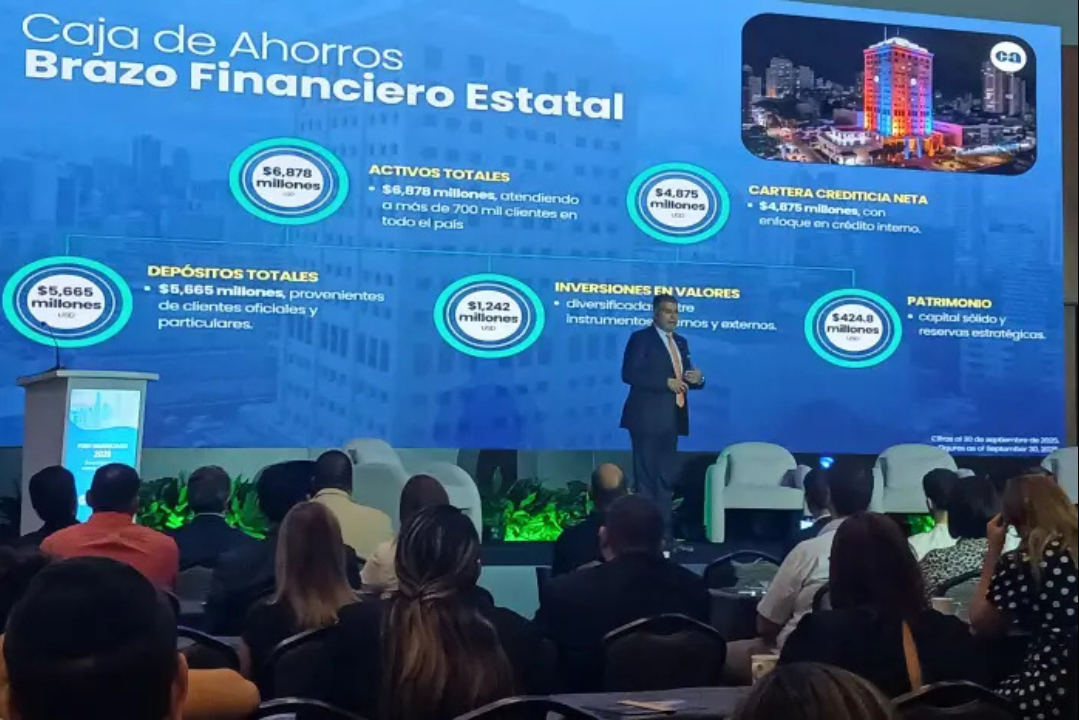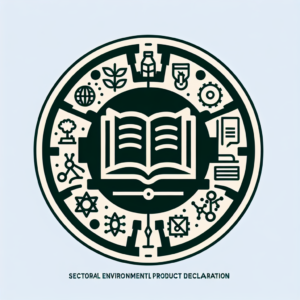The General Manager of Caja de Ahorros, Andrés Farrugia, has expressed his concern about the implications of the new Preferential Interest Law, whose start is scheduled for January 1, 2026, will have on the banking sector and real estate market in Panama. During his intervention at the Real Estate Forum 2025, Farrugia highlighted that changes in interest rates could directly affect the purchasing power of buyers, as well as the ability to place new mortgages.
Among the most significant modifications introduced by the regulations is the deregulation of the reference rate, which could increase from the current 6.25% to figures ranging between 6.5% and 6.75%. This increase represents a significant impact for customers, who will be forced to face a higher differential in their loans. Likewise, the period of state subsidy will be reduced from 10 to 7 years, limiting the financial protection currently received by Panamanian families.
Farrugia warned that this situation will drastically restrict the purchasing power of citizens. “The person who could previously buy a $100,000 house will now be forced to look for a property of $80,000,” he emphasized. His concern is reflected in the recent financial results of Caja de Ahorros, which reported a decrease of $108 million in mortgage loans, dropping from $325 million in 2024 to $217 million in 2025, a contraction of over 33%.
Although the Executive branch has decided to temporarily suspend the law until the beginning of 2026, allowing progress in around 9,000 mortgage processes that were stalled, Farrugia pointed out that additional measures will be needed to mitigate the structural impact that the new regulations could generate.
Both entities, Caja de Ahorros and Banco Nacional, have reaffirmed their commitment to the market, allocating between $300 and $350 million each to cover over 60% of the mortgage segment in 2026. Strategies will include prioritizing disbursements that ensure customers the 10-year subsidy, collaborating with Banco Nacional to share risks, and implementing scientific models to validate projects.
Farrugia also emphasized the importance of improving operational efficiency, reducing the mortgage formalization time from 142 to 33 days, setting goals to achieve between 4,000 and 6,000 mortgages annually in the preferential sector. “We are working with solidarity and purpose. Our goal is to protect families, ensure access to housing, and respond efficiently to a challenging environment,” he concluded.
Finally, Caja de Ahorros stressed the importance of collaboration between banking, developers, and the State to face regulatory changes and ensure the stability of the mortgage market for 2026.
via: MiMub in Spanish











